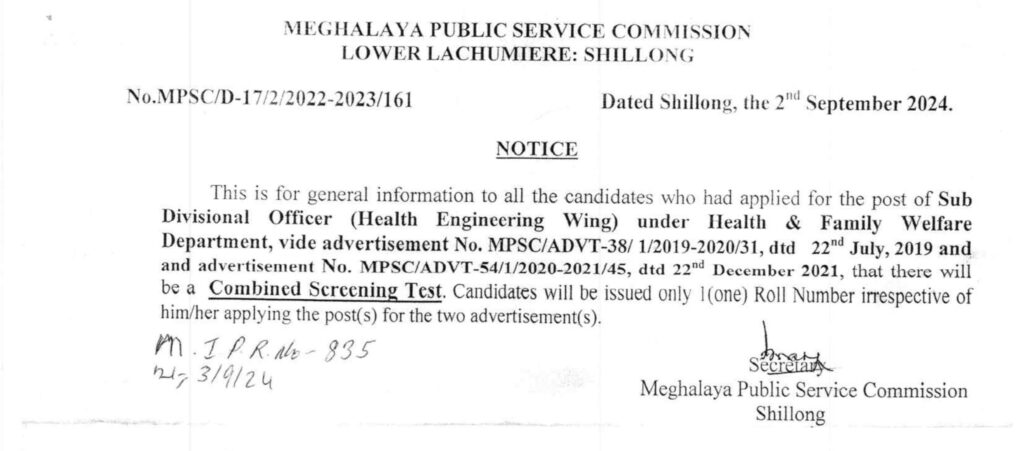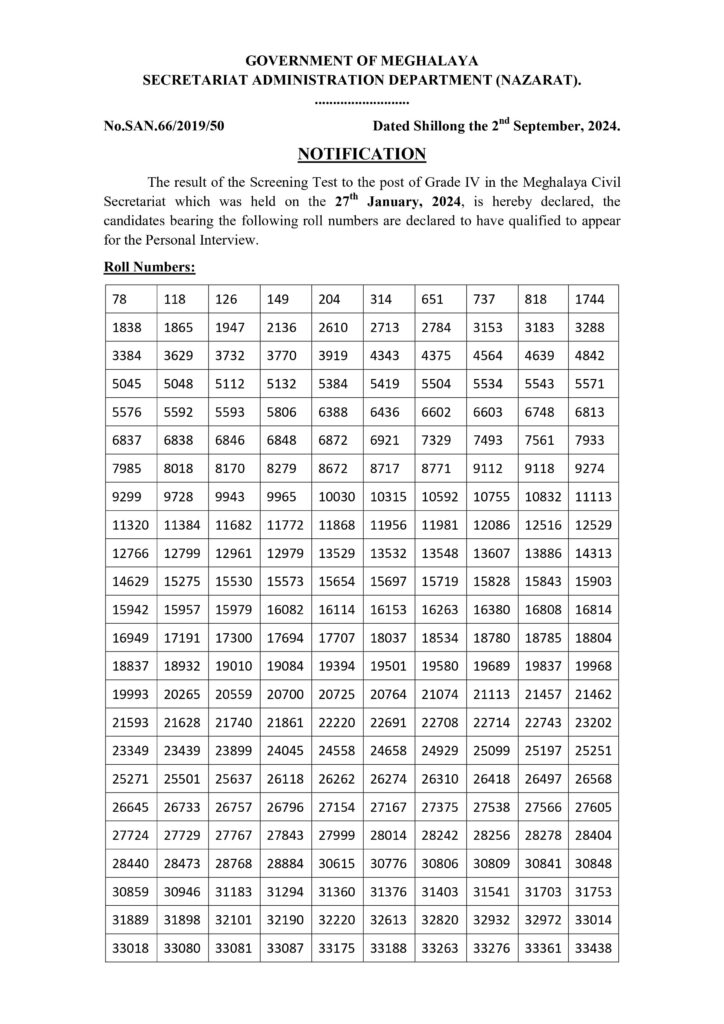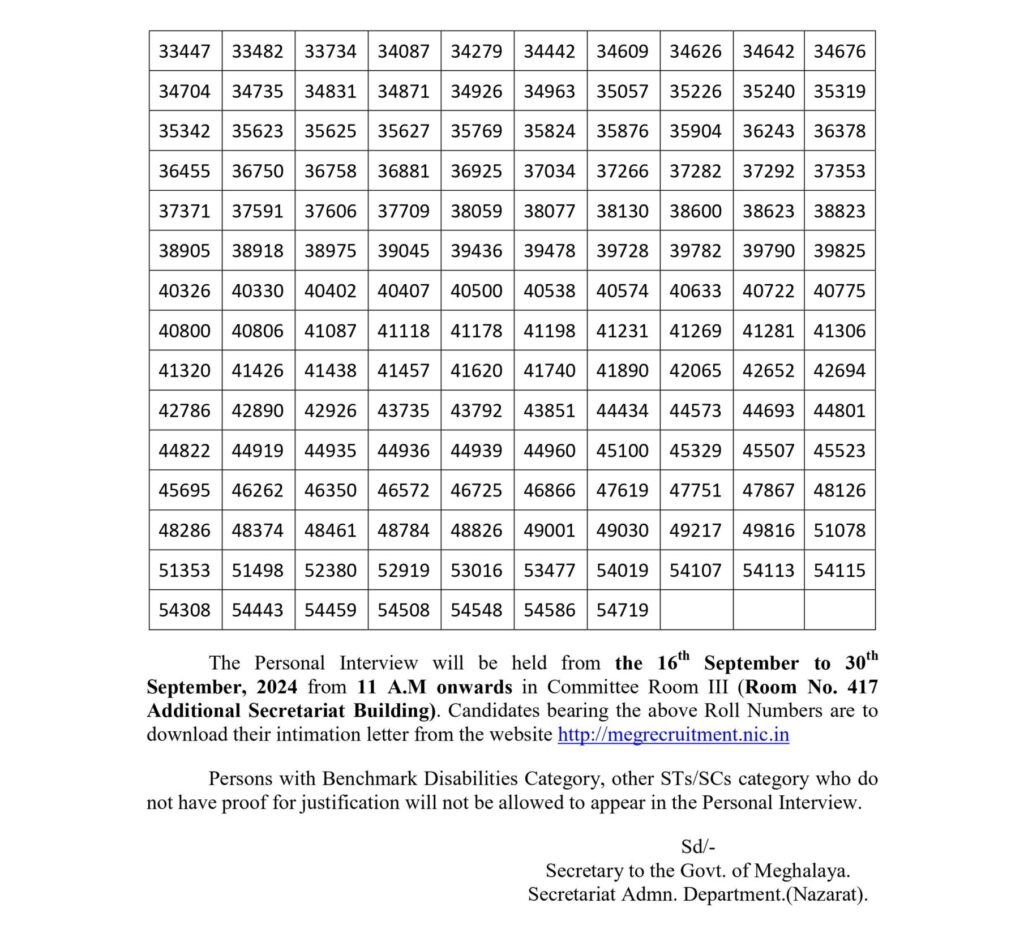Tura, Sept 4: A recent survey conducted by the Botanical Survey of India (BSI) in the Garo Hills region has sparked controversy after members of the Achik Underground Exploration Society (AUES) discovered orchids in the possession of the BSI team, despite their permission being limited to a ‘microfungal’ survey.
The BSI team had sought permission from the Principal Chief Conservator of Forest and Wildlife and Chief Wildlife Warden of Meghalaya, to conduct a microfungal survey in the forested areas of East, West, and South Garo Hills as per application no. BSI/ERC/Tech/2024-25/430 dated 25-07-2025.
The BSI team comprised of Dr. Dyutiparna Chakraborty – Scientist C, BBT Tham – Botanist, Dr. L.R. Meitei – Botanist, Debala Tudu – Botanical Assistant, Lovelystar Marbaniang, and laikmenlang Buhphang.

The permission, was granted as per letter no. FWS/Research/28/1583 dated August 14, 2024, which stated that the survey should exclude protected areas and national parks, and was limited to non-listed species under the Wild Life (Protection) Act, 1972.
The letter also mentioned that “survey and collection of specimens of any species not listed in any of the Schedule of the Wild life (Protection) Act, 1972 from an area located outside any National Park or Wildlife Sanctuary does not require approval of the Chief Wildlife Warden of a State.”
Further, the letter stated the timeline to conduct the survey and sample collection in East, West and South Garo Hills was from August 16 to 27, 2024.
On August 25, members of AUES visited the guest house where the BSI team was staying in Baghmara and discovered four gunny bags filled with orchids. Concerned about the legality of the collection, the AUES members contacted the local Forest & Wildlife Department to inspect the samples. Upon inspection, the department seized the orchids, noting that the BSI team’s permission only covered the collection of microfungal samples.


Mahan M. Sangma, Organizing Secretary of AUES, expressed concerns about the BSI team’s actions. “We found out that they had specimens of plants kept in four gunny bags. We called the forest department, and they seized it. Our concern is that the local authorities, like the DC Office and Forest Office, were not informed, nor was the Nokma (village head) told about it. We also don’t know whether they ventured into protected areas.”
Hub News reached out to Nazia R D Marak, Director of Balpakram National Park, for clarification. Marak confirmed that her office had been notified of the BSI team’s arrival for a microfungal survey. However, she noted that when her team investigated the orchid collection, they discovered that the BSI team had gathered the orchids from the roadside en-route to Baghmara.
“Those orchids were not from the list under the Wild Life (Protection) Act, 1972, hence, taking them was not an issue. However, since the BSI team’s permission was only for a microfungal survey, our team retained the orchids. If the BSI team returns with the proper documentation and permission, they can certainly take the orchids that are unlisted or don’t fall under the Wild Life (Protection) Act of 1972,” Marak explained.
This incident highlights the importance of adhering strictly to the terms of research permissions and maintaining open communication with local authorities. The Garo Hills region, known for its rich biodiversity, offers significant potential for scientific discovery, but such efforts must be conducted with full transparency and respect for local regulations.
Also Watch
Find latest news from every corner of Northeast India at hubnetwork.in, your online source for breaking news, video coverage.
Also, Follow us on-
Twitter-twitter.com/nemediahub
Youtube channel- www.youtube.com/@NortheastMediaHub2020
Instagram- www.instagram.com/ne_media_hub
Download our app from playstore – Northeast Media Hub



